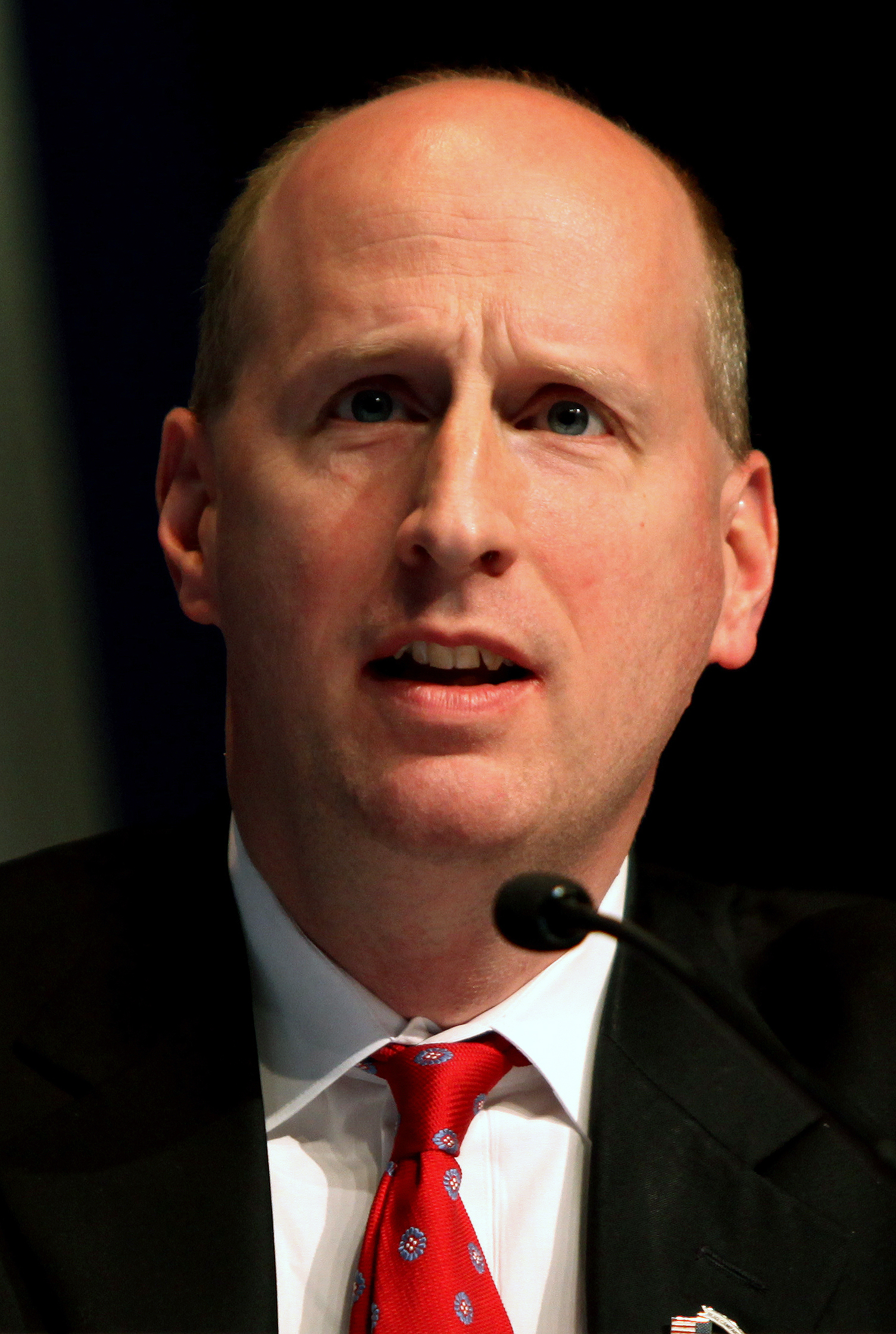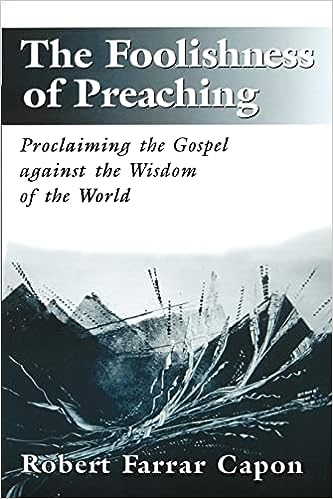Co-missioners,
We pass along four brief items from our editor.
Peace and Joy,
The Crossings Community
__________________________________________________________________
A Bit of Gospel, A Bit of Law, A Bit of Astonishment. An Announcement Too
by Jerome Burce
- Gospel
I start this week with a passage from Robert Farrar Capon’s The Foolishness of Preaching: Proclaiming the Gospel against the Wisdom of the World (Eerdmans, 1998).
Two things jump out at me. First is the way Capon captures the jaw-dropping wonder of the Gospel we get to hear, trust and share. The second is the way it makes me recoil. I’m as stuck in opinio legis—law-centered thinking—as anyone. What Capon describes is an affront to this. It’s sobering to think how much flak he’d catch in the church of 2023 were he still around to catch flak. He isn’t. He died ten years ago. He left behind a worldwide Christian herd of all stripes, varieties, and political leanings—red, blue, speckled, you name it—who can’t shake the assumption that when all the Jesus-talk is done our real job is to get other sinners to behave themselves. It’s as if Capon, or dare we say Christ through Capon, is robbing us of our reason to go to church on Sunday.
Anything but, as it turns out. Where else except in church can you hope to hear anything so wild, so impossibly good? If only the folks in charge weren’t quite so hell-bent—Capon would say that—on grinding the edge off the message. Anyway, read on:
“…The most passionately wonderful thing about [the word of the cross] is the way it delivers you, as a preacher, from having to spout uplifting hokum from the pulpit. No useless programs of life improvement need ever pass your lips; no empty threats about what will happen to your people if they don’t improve will ever insult their intelligence, or yours. You won’t have to tell them that love will make their lives soar upward like eagles, if only they’ll work harder at it. That’s a lie. It’s precisely their efforts at love that have given their lives the glide angle of a dump truck; and it’s the disasters of those efforts—the crucifixions to which their loves inexorably lead—that are their salvation from the road accidents of their history. You won’t have to warn them that they must stop sinning if they want God to like them. That’s another lie. In their death, by Jesus’ death, their sins are no problem for the God who has taken away the handwriting that was against them and nailed it to the cross (Col. 2:14). Above all, you won’t even have to tell them that they need to be morally upright to earn God’s favor. That’s the biggest, bad-news lie of all, because God has gone and accepted every last one of them in his beloved Son and is as pleased as punch with them in Jesus. If you can make up your mind, when you go into the pulpit, to forget everything except Jesus Christ and him crucified, you’ll have nothing to give them but Good News.” (Foolishness, p. 12-13).
+ + +
- Law
“Tracking” is a big word in Crossings’ in-house lexicon. It pertains to spotting how matters at issue in a Scriptural text are also at issue in the world today, and more to the point, in our everyday lives. I’ve found The New York Times to be a great place for honing this skill—or practicing the art, as the case may be. So, to a lesser extent, is The Washington Post. This will likely surprise some people. I suspect that half the country dismisses these papers as mere mouthpieces for the godless secular left.
This is a caricature, to say the least. The Times gives regular voice to thoughtful Christian writers who take no pains to conceal their identity. Its current lineup of staff columnists includes Ross Douthat, a Roman Catholic, and David French, an evangelical from Tennessee. Trish Harrison Warren, an Anglican priest with a Southern Baptist background, has been featured frequently over the past couple of years in the Times online edition. She wears a clerical collar in the photo posted with her work. One of the Post’s most interesting columnists until his untimely death last year was Michael Gerson, another professed evangelical. Esau McCaulley, a New Testament professor at Wheaton College, pops up in both papers from time to time as a contributing opinion writer.

David French (Photo by Gage Skidmore, CC BY-SA 3.0, https://commons.wikimedia.org/w/index.php?curid=49389055)
There are others too. They trend conservative on the political spectrum—a factor, one guesses, in their appointment as writers. This doesn’t keep them from addressing their diverse audience with manifest respect. If this surprises anyone, it speaks to the way that left and right alike are besotted by caricature. For me, the respect they show affords a glimpse of the underlying faith that shapes their thinking. They seem to recognize that the readers they’re writing for are readers Christ died for, not excepting those readers who would rather die themselves than entertain such a thought. I think their approach to conversation with the wider world bears study by the rest of us. They strike me as “trackers” worth learning from.
An especially splendid example of David French’s work appeared in the Times on July 9. I urge you to read it. (The Times gives non-subscribers free access to ten articles per month; the Post is less generous as one would expect with its lower subscription rate.) Here French the conservative is critiquing the conversative church. Much of what he says applies equally to the “progressive” church. His underlying topic is original sin and the effect it has on political discourse. Mockingbird’s David Zahl wrote a celebrated book on this same topic. One hears Zahl’s voice in French’s words—
“Who is wrong? I am wrong. We are wrong. Until the church can give that answer, its political idealism will meet a tragic and destructive end. The attempt to control others will not preserve our virtue, and it risks inflicting our own failures on the nation we seek to save.”
By all means click the link and read the whole thing. Consider it your main dose of Thursday Theology today—a dose of “tracking” if not yet of “crossing.” The latter is the preacher’s job, where “preacher” designates any person who gets explicit about God’s particular approach in Christ to the mess French describes. See Capon again.
+ + +
- Astonishment

Half Dome Traffic From Wikipedia
A couple of weeks ago I learned that Everett Kalin, former professor of New Testament at Concordia Seminary, St. Louis, Christ Seminary—Seminex, and Pacific Lutheran Theological Seminary, has just become one of the oldest persons ever—perhaps the oldest; proper records haven’t been kept—to climb the Half Dome at Yosemite National Park. He is 93. He made the climb on July 18th. Excellence is nothing new to Dr. Kalin. I took two of the best courses ever during my final semester at Seminex. Kalin taught one of them. God keep him shining!
+ + +
- Announcement
Crossings is trying something new this fall. We recently secured a grant to fund a pilot project in mentoring preachers. As of today we have six pairs of mentors and learners preparing to work together for a stretch of twelve to fifteen weeks. They will gather as a group at a Crossings Seminar next January. (You’ll hear more about the Seminar in a week or two—but consider yourselves already invited as well. Please mark January 28-30 in St. Louis on your calendars.) We crave your prayers for all involved. Look for a report or two along the way.
Thursday Theology: that the benefits of Christ be put to use
A publication of the Crossings Community




You must be logged in to post a comment.